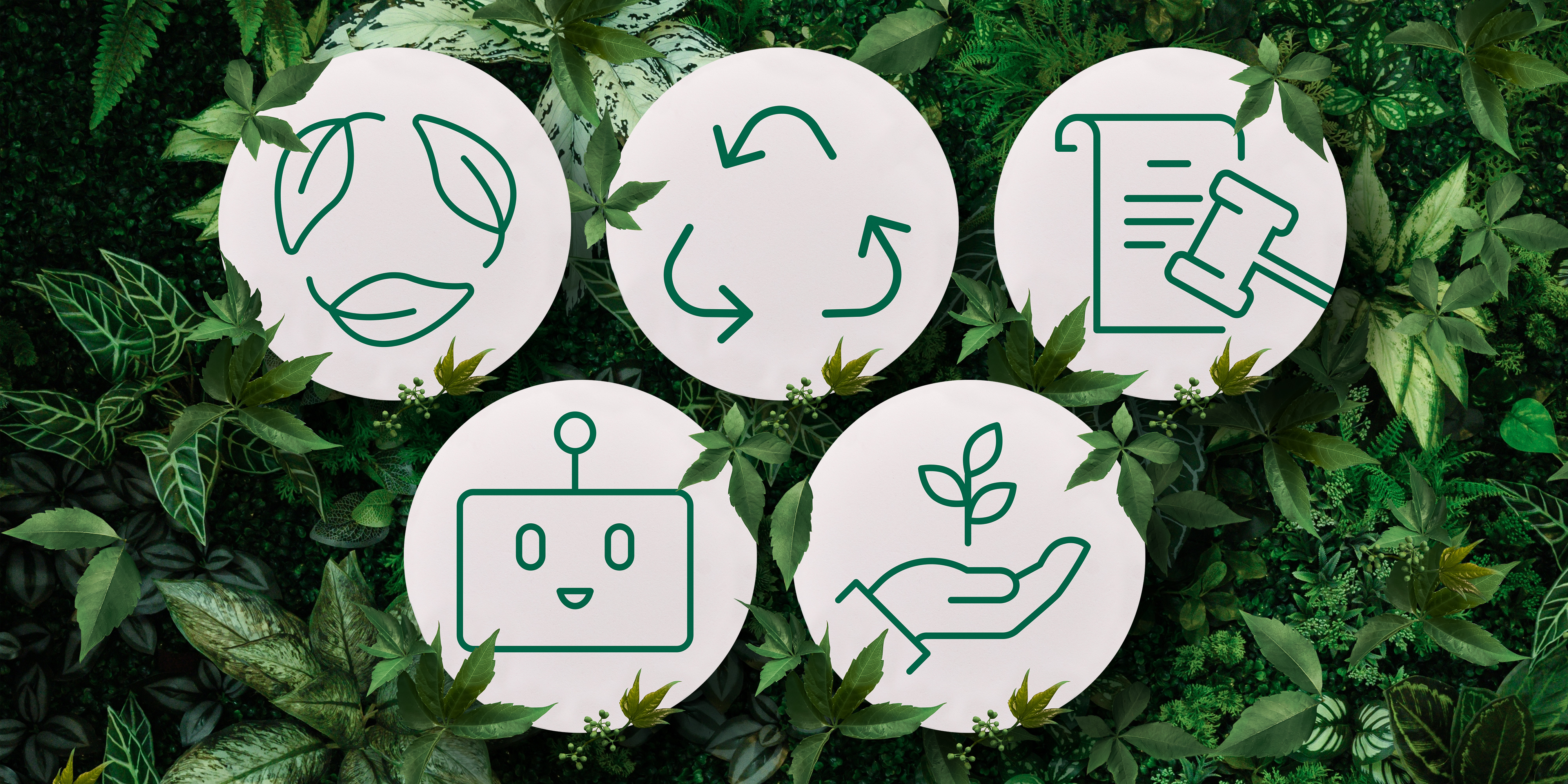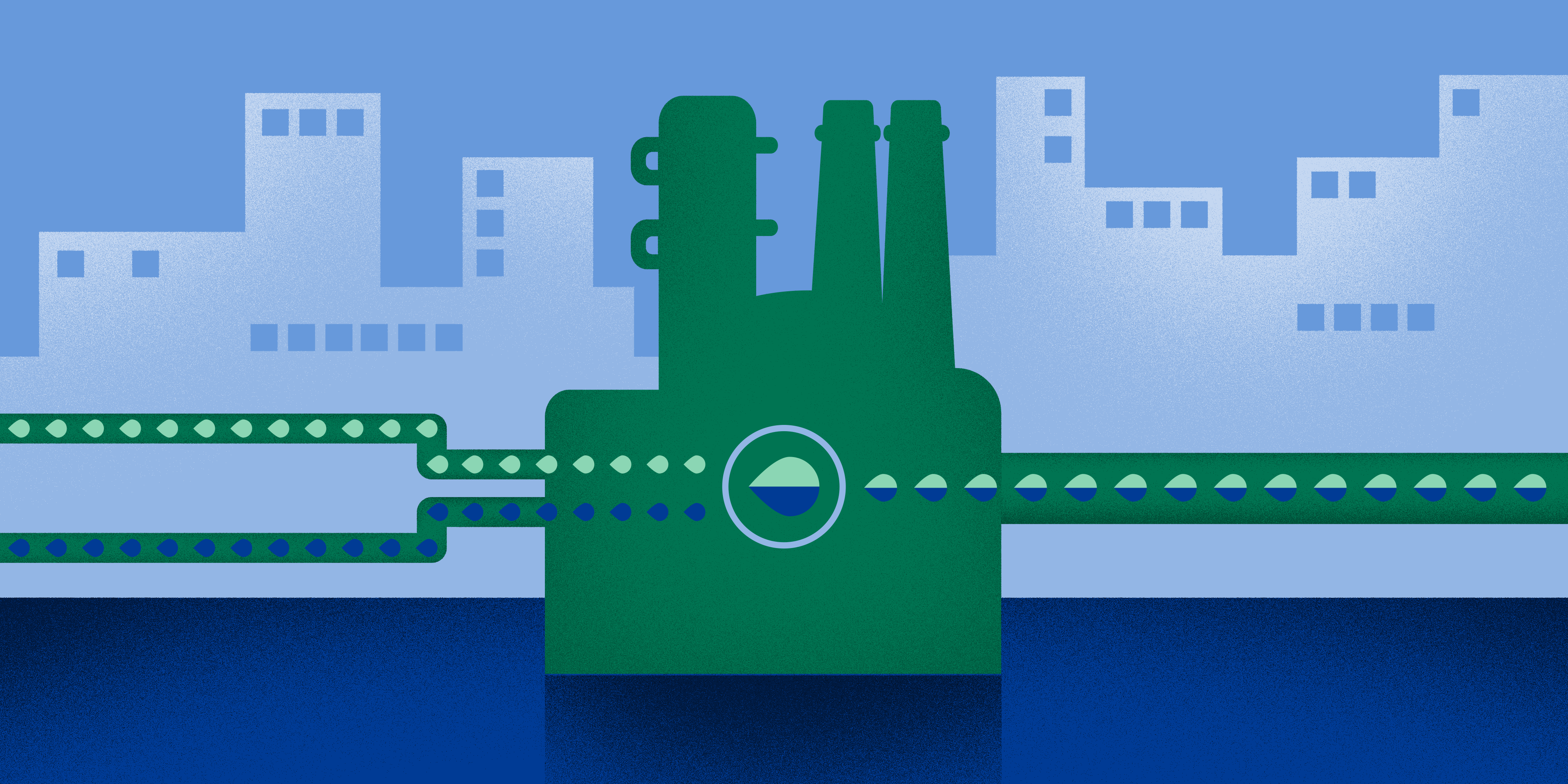
Sustainability
3 minute read
Sustainable transformation: don’t forget safety
Transforming your business towards sustainability is exciting stuff - and it’s happening fast. Full focus on the transformation can lead to compromises on safety, which should not be accepted at any moment. So let’s briefly pause and remember: only a safe transformation to sustainability is a good transformation to sustainability.
“Let’s do this” is a great mind-set when it comes to the sustainable transformation of businesses. I often find myself in just that mode when working together with our partners in the value chain, supporting them in their transformation projects. And also with our own colleagues when discussing new technologies, processes or solutions. The climate isn’t waiting and we need to act now. The “Let’s do this”-attitude pays tribute to that and gets things done. Yet, despite all pressure time-wise and all the excitement to make an impact, there are things we shouldn’t compromise on. Safety is the most important one.

The road to more sustainability often leads through new technologies. We are using new facilities to process new raw materials. We are offering new products and solutions that may require new ways of handling them. We work together with new companies and partners. While it’s important that we continuously advance all those, we should be aware that all these new fields of work may also come with new requirements for safety.
Every new solution needs to be a safe one
Let me give you an example: At Neste, we are currently working on chemical recycling technologies to combat waste plastic pollution and reduce the dependency on fossil resources. Chemical recycling will add a new raw material to our raw material pool: liquefied waste plastic, hard-to-recycle post-consumer waste plastic that has been thermochemically liquefied. Although there are similarities, this new raw material comes with different properties and characteristics over our existing raw materials.
Hence, it also comes with new requirements on safe handling. How can it be transported safely? How do we store it? How does it react in contact with different temperatures or materials? These are all questions that need to be answered and colleagues working with the liquefied waste plastic are focused not only on the process, but on learning and documenting the correct and safe handling.
The same is true for new processes in the chemical recycling value chain with partners: a new facility will require the operating colleagues to define the right safety guidelines to ensure that no one gets hurt working there. These are just two examples why safety has to be redefined with every step we take in the transformation.
An unsafe business can never be a sustainable business
The transformation of our industry is happening at a fast pace. New products or business opportunities make teams grow within short periods of time. It can be a challenge for regular business processes to keep up with that - and it’s tempting to make compromises for the sake of speedy implementation and progress. And despite every sympathy for the will to move fast, safety is something that can’t ever be compromised. That’s why at Neste we follow a clear common safety goal: “No harm. Together.”
Safety has to be among the top priorities, also in a dynamic environment. It’s mandatory to keep that in mind at all times when working towards more sustainable solutions.
Have a safe transformation!
Credits: Mercedes Alonso, Executive Vice President, Renewable Polymers and Chemicals, Neste





